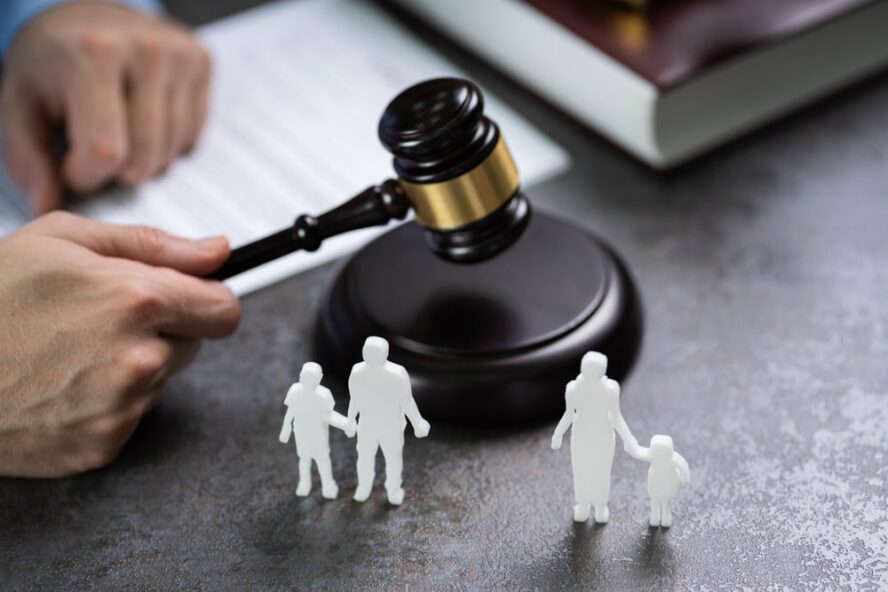Imagine you’re playing telephone: a whispered secret travels from ear to ear, morphing with each telling. This is essentially what happens with hearsay in court – an out-of-court statement presented as evidence of the truth it asserts. But unlike a game of whispers, hearsay can have serious consequences when presented in a legal setting.
The Hearsay Hustle
So, what exactly is hearsay? As a lawyer, like a family lawyer, can tell you, In simple terms, it’s telling someone else’s story. Imagine you witness a car accident and later testify in court, “My neighbor, John, said the red car ran the stop sign.” That statement by John is hearsay – it’s an out-of-court statement offered to prove the truth of what happened (the red car ran the stop sign).
Why The Fuss?
Why is hearsay such a big deal in court? It boils down to reliability. Statements made outside of court lack the safeguards of the legal system, like cross-examination. We can’t assess the speaker’s credibility, accuracy, or memory directly. So, generally, hearsay is inadmissible: relying on someone else’s story simply isn’t reliable enough for making legal decisions.
But Sometimes, It’s OK
Just like most rules, there are exceptions to the hearsay rule. Like the friend who shouts, “You’re speeding!” during a police chase, excited utterances made under the stress of an event can be admitted. Similarly, statements against interest like “I robbed the bank” are more likely to be true, making them admissible under specific circumstances.
When Should You Tell A Lawyer?
Just because it’s (possibly) inadmissible, does not mean you should not tell a lawyer. Your lawyer is your advocate, not a magician. Withholding information – even hearsay – weakens their ability to build a strong case for you. So, the next time you stumble upon potentially relevant whispers, keep these things in mind:
- Tell your lawyer even if you know the statement is hearsay. The sooner they know, the better they can strategize how to work with the information.
- Provide all the details. Who, what, where, when, and why are crucial for assessing how to get the information into a hearing. Perhaps they can have the speaker testify about the statement. Just because the statement you gave them is hearsay does not mean that there are not a few ways to get it in.
- Trust their expertise. They’ll navigate the complex world of hearsay, maximizing its potential benefit while protecting you from pitfalls.
buy vidalista online https://thefixaspen.com/wp-content/uploads/2023/10/jpg/vidalista.html no prescription pharmacy
Talk With Your Lawyer About Hearsay Evidence
As attorneys, like those at Flat Fee Divorce Solutions can tell you, informing your lawyer about hearsay evidence in a case can be paramount for ensuring a robust defense or prosecution strategy. By disclosing such information, you empower your legal representative to effectively assess its relevance, credibility, and potential impact on the case. Lawyers possess the expertise to navigate the complexities of hearsay rules within the legal system, allowing them to make informed decisions about how to address or challenge such evidence. Transparent communication between clients and lawyers fosters trust and enables a collaborative approach towards achieving the best possible outcome in legal proceedings.
Speak with your local law office about your case today.


